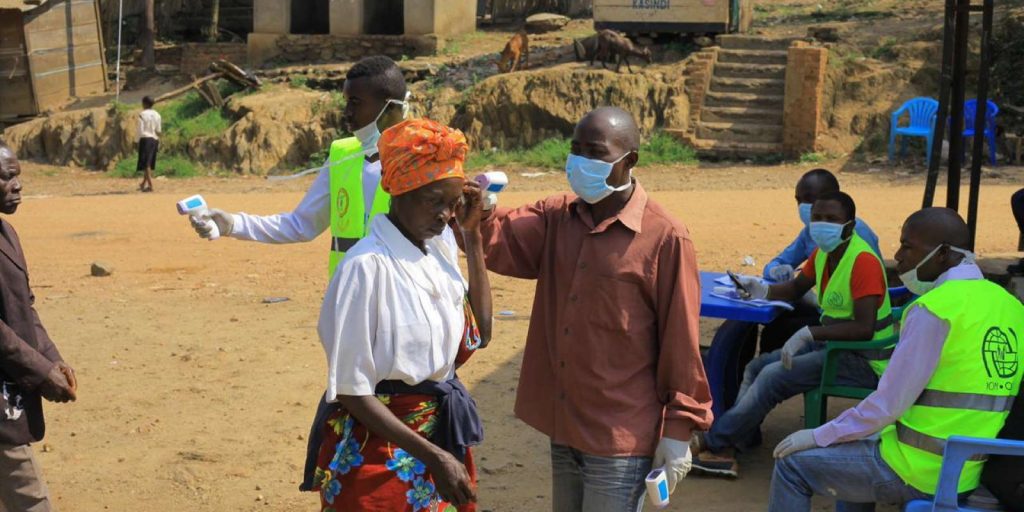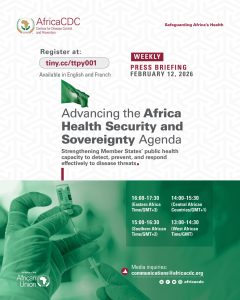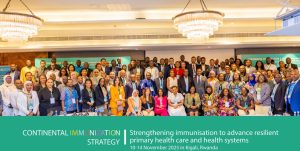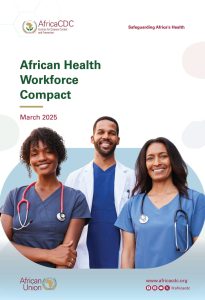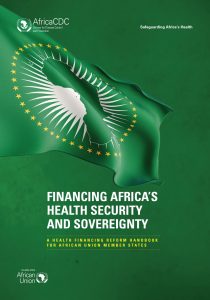Uganda and the Democratic Republic of Congo (DRC) health authorities have renewed commitment to strengthen cross-border disease surveillance. This follows the confirmation of a new Ebola case in a five-year-old boy in Kasese, Uganda, on 11 June, who later died on Wednesday, 12 June 2019.
Kasese is about 140 kilometres from Beni, one of the DRC cities where partners, including Africa CDC, have been working with the Government of the DRC to fight the spread of Ebola since August last year.
It was the first case of Ebola in Uganda. According to the Uganda Ministry of Health, the boy travelled to Uganda from the DRC on 10 June but tested positive for Ebola on arrival.
With the support of WHO, UNICEF, Africa CDC and other partners the two countries have adopted some very important measures to prevent further cross-border transmission. These include:
- Strengthening surveillance at ports of entry, particularly secondary roads;
- Maintaining and strengthening continuous real-time health information sharing between the two countries;
- Intensifying ongoing contact tracing and vaccination with the donation of 400 doses of rVSV-ZEBOV vaccine to Uganda by the DRC;
- Isolation, ring vaccination and continued medical treatment for identified contacts and family members of the dead child; and
- A memorandum of understanding to strengthen collaboration on health issues between Uganda and the DRC.
The African Union Commission, through the Africa CDC, has been supporting response to the Ebola outbreak in the DRC since the 10th outbreak was declared in August 2018. In addition to deploying a multidisciplinary team of 48 experts, Africa CDC has trained more than 470 local healthcare workers and community leaders on infection prevention, and more than 350 on cross-border screening. The African Union has supported with six GenXpert machines, testing cartridges and infection prevention supplies to strengthen laboratory diagnosis and prevent infection. Support has also been provided for community dialogues and awareness sessions in the affected regions.

